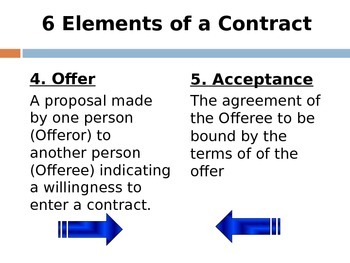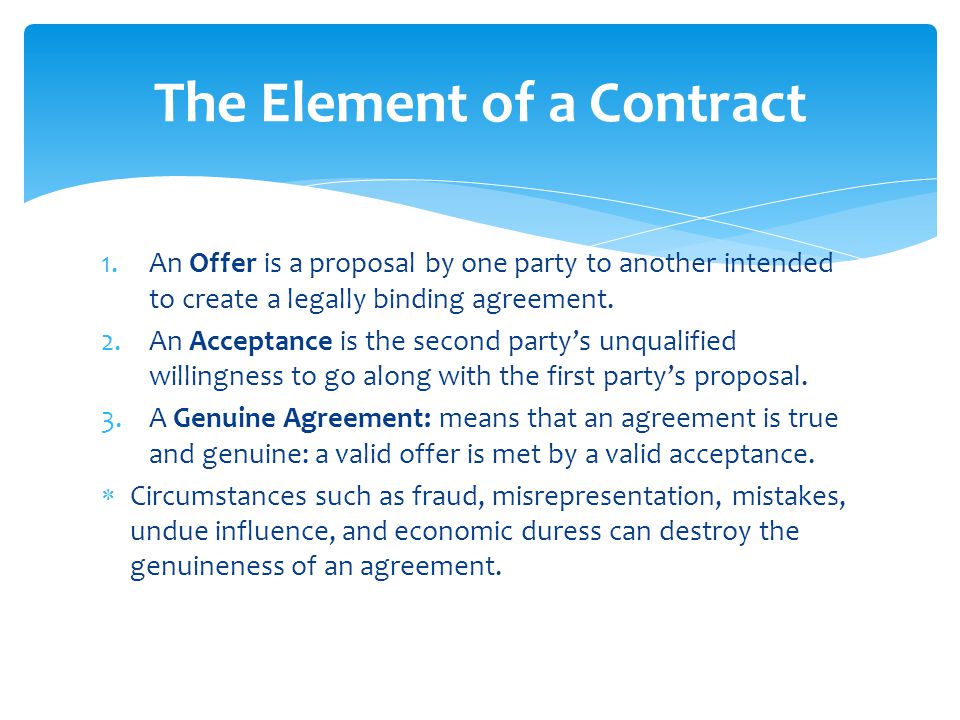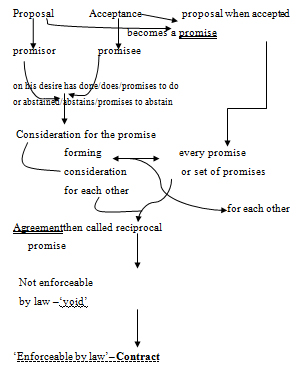A contract is a legally binding agreement between two or more parties that establishes certain rights, duties, and obligations of the parties involved. It is a formal document that outlines the terms and conditions of the agreement and serves as a reference point for both parties. There are several key elements that must be present in a contract in order for it to be considered valid and enforceable.
The first element of a contract is the offer. This is a statement by one party indicating a willingness to enter into a contract with another party. The offer must be clear and definite, and it must be communicated to the other party in a way that allows them to understand and accept it.
The second element is acceptance. This is a statement by the other party indicating their willingness to enter into the contract on the terms set forth in the offer. Acceptance must be communicated to the party who made the offer and must be unconditional.
The third element is consideration. This is the exchange of something of value between the parties involved in the contract. It can be money, goods, services, or any other type of valuable consideration. Consideration must be present in order for a contract to be enforceable.
The fourth element is capacity. This refers to the legal ability of the parties to enter into a contract. This means that the parties must be of legal age and have the mental capacity to understand the terms and conditions of the contract.
The fifth element is legality. This refers to the fact that the contract must be for a legal purpose. If the contract is for an illegal purpose, it is not enforceable.
The final element of a contract is writing. While it is not always required, it is generally a good idea to put the terms of the contract in writing to ensure that there is a clear record of the agreement. This can help to avoid misunderstandings and disputes in the future.
In summary, a contract is a legally binding agreement between two or more parties that establishes certain rights, duties, and obligations of the parties involved. It must contain certain key elements, including an offer, acceptance, consideration, capacity, legality, and writing, in order to be considered valid and enforceable.








